By Petula Dvorak

Todd Minor understood why the ropes were necessary when the titans of social media strode in and took their seats — within striking distance of him and all the other grieving parents holding portraits of their dead kids — in a walnut-paneled Senate hearing room.
“The moment I saw them,” Minor said, “it took all my energy to keep, you know, to stay civilized.”
Minor’s dimple-cheeked boy was 12 when he died trying to replicate the TikTok “blackout challenge.” It was after dinner and Matthew was using the one hour of screen time his parents allowed him — if his homework was finished — to scroll through videos until he found something that looked fun to try.
The Maryland dad wants TikTok chief executive Shou Zi Chew to know his pain. He wants our senators to know that after all he sacrificed over a military career that had him in the Pentagon on Sept. 11, 2001, it’s time for them to help protect our kids.
Minor was among the extraordinary audience of parents in the Dirksen Senate Office Building’s room G50 on Wednesday who showed up to watch the Judiciary Committee confront the leaders whose companies exposed their children to cyberbullying, sex trafficking, exploitation and drug dealing when the kids used the products as directed.
“It’s like a highway and the kids are in a sports car, and they can drive the car as fast as they want to without regulation,” Minor said. “There’s no police that’s gonna ever stop them. There’s nobody to regulate the vehicle to make sure it’s safe enough to drive at those higher speeds or anything.”
Okay, so let’s run with Minor’s car analogy.
The blackout challenge — which shows kids how to choke themselves into cerebral hypoxia and challenges them to beat one another’s times — has been linked to the deaths of at least 20 kids since it hit TikTok in 2021.
It’s nothing new. In 2007, the Centers for Disease Control and Prevention reported about 80 kids probably died doing the same thing since the 1970s.
But it’s different — you can see it in the numbers — when the challenge comes straight to your kid’s screen, into your home, into his bedroom. Once something kids heard about at parties or from other kids, it’s now an instructional video as accessible as an episode of “Paw Patrol.”
One lawsuit trying to block the challenge from social channels was thrown out in 2022, as Reuters reported. That’s why parents like the Minors are now going to Capitol Hill for help.
Now take a look at what happened when a similar death count was linked to a car. The Ford Pinto — its fire-prone gas tank lead to 27 deaths — was the target of federal scrutiny, and Ford was ultimately held liable for selling a car it knew was dangerous.
This is the part that angers Minor so much — that the social media companies aren’t being regulated the same way we’ve gone after manufacturers. Social media is new and a little intangible.
The parents in that room Wednesday represent dozens of families lobbying for stricter controls on social media because their children died, were sex-trafficked, stalked, humiliated or offered drugs right where their parents thought they were safe — at home.
“Everything else in your house, like electricity, is regulated,” Minor said. “Why shouldn’t social media be regulated too?”
It is, kind of. But the parental controls tech moguls tout can’t keep up with our kids.
State legislatures in Montana, California, Utah, New Jersey and Maryland are among many that have tried to create some ways to limit access to social media. But for every parent who wants to save a kid from porn, there is an argument for freedom of speech.
We didn’t let our young children have the devices in their rooms when they were alone. We mirrored their apps, read their texts (oh, the things you learn about other kids when you read these).
But that still wasn’t enough to limit everything they see.
In my kids’ Quaker elementary school a decade ago, an entire corner of boys dove deep into their research about Quaker folk music because one singer — “Nature Mama” — led them to pages and pages of mamas au naturel. (The school changed their IT pronto.)
Let’s go back to what parenting looked like when the folks on the dais were kids, when we were kids.
Entertainment was “Howdy Doody.” It came on once. If parents didn’t want their kids to see it, it took no more than the click of a dial. Same with my childhood and Scooby-Doo — one big pot joke, sure — but easy enough for a parent to regulate.
Getting into an R-rated movie took some work at the local theater. Finding porn was a scavenger hunt. Keeping kids away from friends that were negative influences wasn’t easy, but it was possible to try.
Drug dealers, sexual predators and bullies were in neighborhoods, not in your home.
Thanks to social media, all of this is right there, in the spaces you think are safe.
This was what the parents and the senators tried to tell the CEOs, urging them to support the bipartisan Kids Online Safety Act, or KOSA, which they said would help remove harmful ads and posts that encourage addiction, eating disorders and suicide, among other damaging things, by making the social media platforms be the first line of defense.
Minor, who now runs a growing foundation that awards scholarships and runs programs in memory of his son, said KOSA may have prevented his son from seeing the dare that ended his life.
And he was stunned when Sen. Josh Hawley (R-Mo.) urged Mark Zuckerberg to turn to the grieving families and apologize.
“It’s terrible. No one should have to go through the things that your families have suffered,” Zuckerberg said, before trying to defend his company.
Behind him, a group of advocates wore shirts that said “I’m worth more than $270” — a reference to a line from a Meta internal company email that said, “The lifetime value of a 13 y/o teen is roughly $270.”
After the hearing, plenty of folks said the apology was hollow. Minor was optimistic, though. He stared into Zuckerberg’s face. All the parents did. And he believes the intimate, intense moment — they were all but a few yards away from the executives — may have moved them.
Only one of the five major tech companies has said it would support KOSA. Thank you, Snapchat.
Petula Dvorak is a columnist for The Washington Post’s local team who writes about homeless shelters, gun control, high heels, high school choirs, the politics of parenting, jails, abortion clinics, mayors, modern families, strip clubs and gas prices, among other things. Before coming to The Post, she covered social issues, crime and courts.

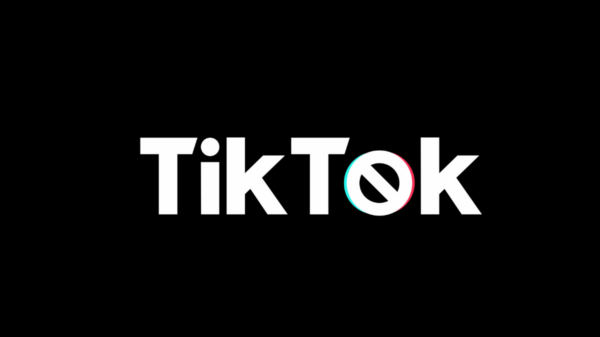
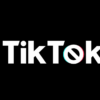
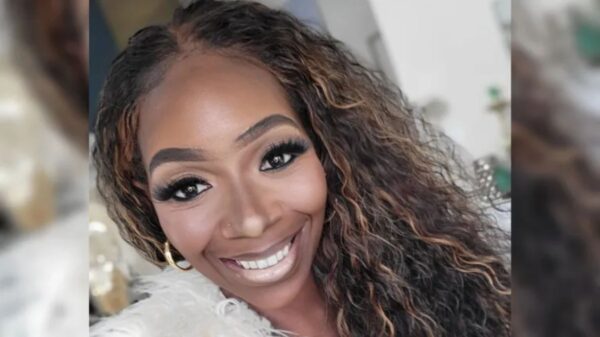

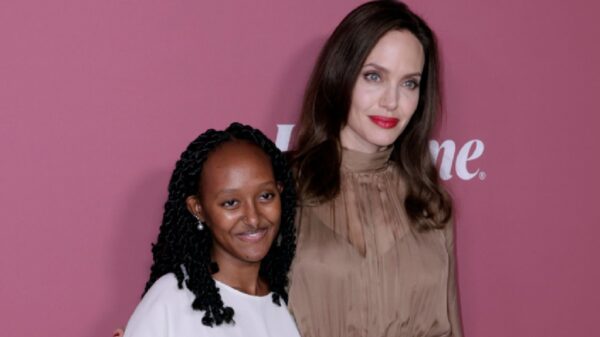

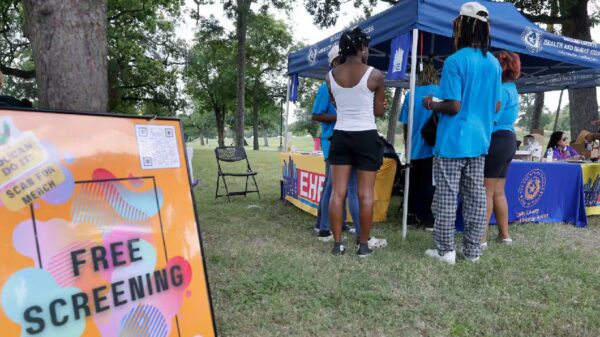

You must be logged in to post a comment Login